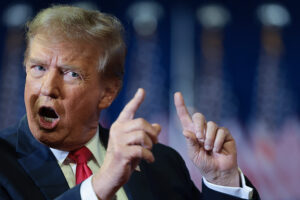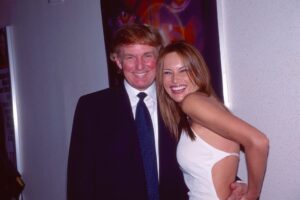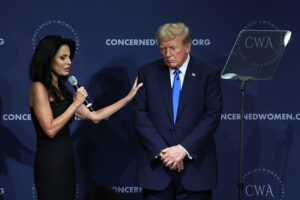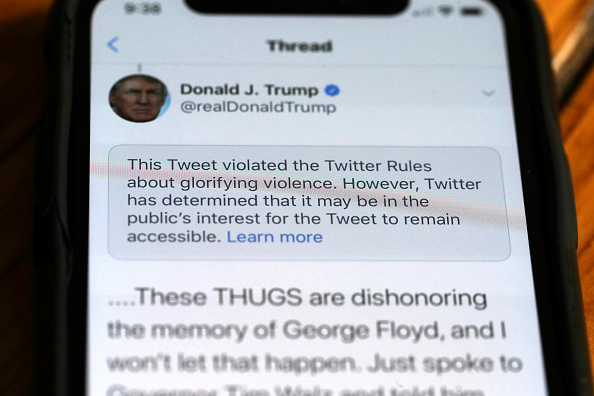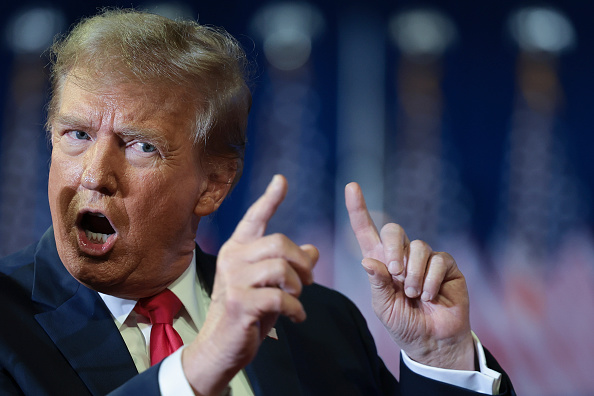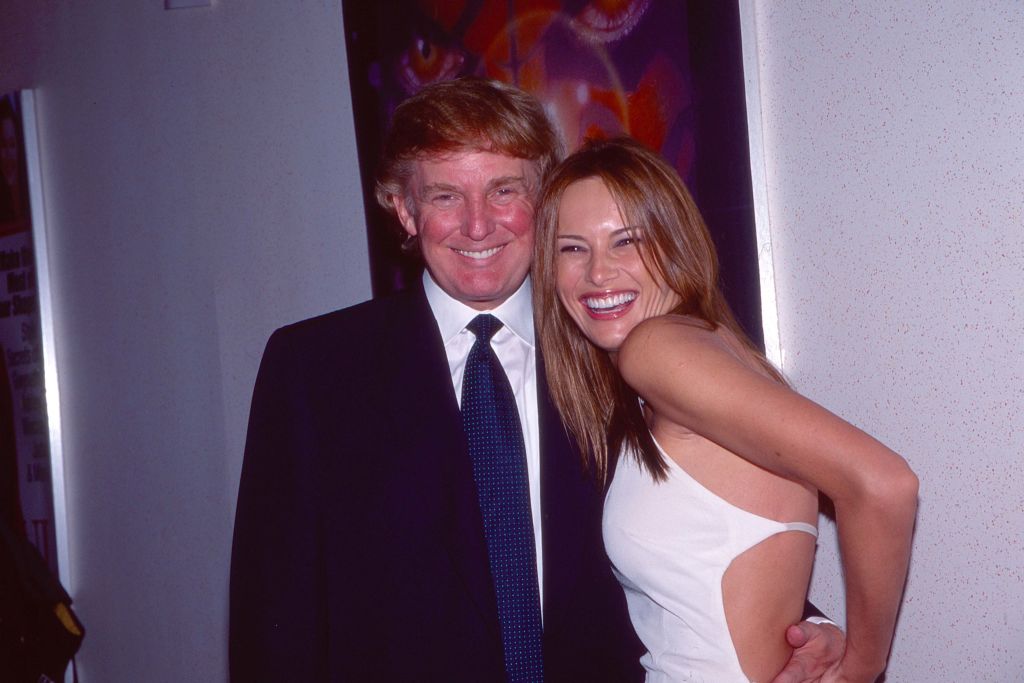Former President Donald Trump, in anticipation of a substantial payday potentially reaching $3 billion through his Truth Social platform, encountered a significant setback this week. This occurred as his co-founders, Andy Litinsky and Wes Moss, filed a lawsuit against him. They accuse Trump of being involved in a plot to diminish their stake in the company, which could hold a value of hundreds of millions of dollars, according to a report by the Washington Post.
Litinsky and Moss, who initially proposed the idea of creating a social platform to Trump after his departure from office, held 8.6 percent of Trump Media’s shares. The arrangement allocated 90 percent of the company’s shares to Trump himself, with the remaining portion going to a lawyer who facilitated the deal.
The ongoing discussions of Trump Media merging with Digital World Acquisition, a strategic move aimed at taking the company public, have been further complicated by this legal dispute. Axios reported this week that Litinsky and Moss are threatening to impede the merger unless they are granted the board seats they believe they are entitled to.
The crux of their lawsuit revolves around Trump’s alleged efforts to significantly dilute their partnership’s stake. They claim that Trump’s recent maneuvers, including a proposal to increase the authorized stock from 120 million shares to 1 billion shares, constitute a deliberate tactic aimed at reducing their influence and potential earnings.
The ramifications of this legal battle extend beyond the realm of corporate affairs. Trump’s ability to generate funds, crucial for settling substantial legal debts arising from recent court losses related to fraud and defamation trials, is now further complicated. The potential fruition of Trump’s shares hinges on the successful completion of the merger and subsequent public trading, a process that may be delayed significantly by the lawsuit.
Should Trump’s shares become tradable, certain conditions would apply. He would be permitted to sell them only after a minimum of six months following the company’s public trading debut, unless a waiver is granted.
In essence, what was once envisioned as a lucrative opportunity for Trump and his associates has now become entangled in legal strife. The aspirations of a substantial payday are overshadowed by the complexities of corporate maneuvering and legal entanglements.
The fate of Truth Social, Trump‘s ambitious venture into the realm of social media, hangs in the balance as the legal proceedings unfold. Litinsky and Moss’s lawsuit serves as a stark reminder of the intricacies and uncertainties inherent in the world of business and politics, where alliances forged can swiftly unravel into contentious disputes.
